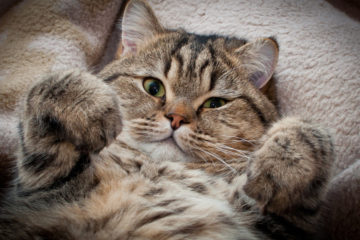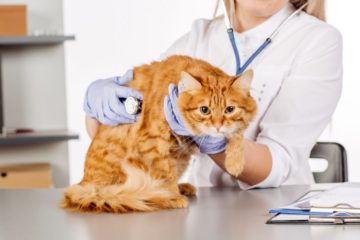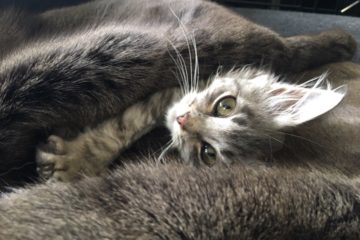Hearing that the cat has herpes some people are frightening, but every vet will say to you that it could not be spreading to humans or even dogs. The only thing to do at that point you should move forward with management.
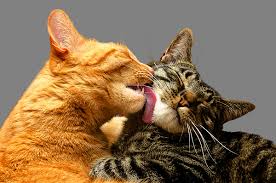 Cats contaminated with feline herpes might have random flare-ups of their symptoms, mostly if they have a stress, such as moving or a change in their lifestyle.
Cats contaminated with feline herpes might have random flare-ups of their symptoms, mostly if they have a stress, such as moving or a change in their lifestyle.
FVR (feline viral rhinopneumonitis) and FHV-1 (feline herpesvirus type 1) is an infectious illness known to influence only cats, indoor and wild.
Causes
- Virus
- Public dishes with food
- Public litter box
- By relative care
The feline herpes virus is the most reason of upper respiratory infections, and conjunctivitis (swelling of the tissue around the eyes). If you will use litter boxes and food/water dishes feline herpes can be spread from cat to cat and also by mutual grooming. The usual vaccines your pet cat gets as a kitten and the exam once per year may help protect your cat despite the virus.
Symptoms
If you suppose your cat or kitten has an upper respiratory infection or eye infection, it’s essential that you go to your vet immediately for a correct assessment!
Initial signs of herpes include:
- Coughing,

- Sneezing,
- Nasal discharge,
- Corneal ulcers and conjunctivitis,
- Sometimes fever (up to 106)
- Loss of appetite
These commonly continue within 4-7 days, but secondary bacterial infections can cause the durability of clinical symptoms for weeks.
Treatments
- Corneal ulcers and conjunctivitis are treated with local antibiotics for the secondary bacterial infection.
- Lysine is commonly used as a treatment, however, some authors supposed that lysine supplementation is probably not effective for the treatment or prevention of feline herpesvirus 1 infection.
- Therapy for supporting the cat immunity
There are no special antiviral drugs in common use at this time for FVR. Although antibiotics could be 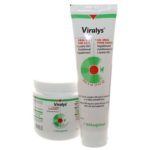 needful for cats with serious infections and to prevent secondary bacterial infection, some might react to treatment with L-lysine, (such as Viralys gel) an amino acid that can help protect the virus from replicating.
needful for cats with serious infections and to prevent secondary bacterial infection, some might react to treatment with L-lysine, (such as Viralys gel) an amino acid that can help protect the virus from replicating.
